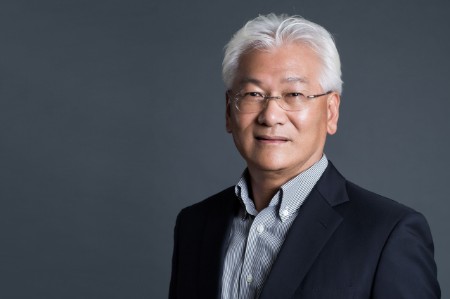4. Reduce existing regulation
There is also a need to simplify or reduce existing governmental bureaucracy, as capital markets have become conservative and over-regulated. An example is regulations around the process of vetting initial public offerings (IPOs). I am working on an IPO now, but the Hong Kong Stock Exchange is conservative in its regulatory line on IPOs, which makes it very difficult.
5. Share information resources
If external firms can leverage internal auditor resources, they can reduce the time and the fee, so they should do it more. I always encourage internal auditors to exchange information with external auditors, but it doesn’t always happen. Globally, these two sides often exchange a lot of information on companies, but many in Hong Kong and mainland China don’t, and I don’t know why.
6. Keep exploring big data
Many industries are using big data analytics techniques for planning, which is highly effective. As part of this, auditors use sophisticated analytics programs to achieve optimal audit objectives and provide business insights, which clients appreciate.
Often, auditors cannot verify 100% of the supporting information, but they can use analytics to maximize the assurance level. There is definitely room for companies and their auditors to explore the use of big data further.
7. Insist on integrity
The biggest thing I learned after working at EY for 30 years is to insist on integrity in everything I do. Without integrity, you have no soul.
I always remind myself that the role of an INED is to protect minority stakeholders’ interests. In conflicts, I need to exercise my judgment in how to balance that with the interests of major shareholders within the rules and laws. That is why you need to be selective in accepting an INED position and make sure the major shareholders have the same level of integrity that you have.
8. Value your INEDs
Many smaller listed companies in Hong Kong do not appreciate the value of having INEDs on their board at all, as they think of them simply as a regulatory requirement: a company’s major shareholders appoint the directors, but the Hong Kong Stock Exchange’s rules state that not less than one third must be INEDs.
A good example of the value of INEDs is where a major shareholder wishes to increase their percentage shareholding by exchanging their own assets for shares. As INEDs, we make sure the injected assets are valid and properly valued, with help from advisers and accountants if necessary. We would make sure the exchange is subject to independent shareholder approval and hold an extraordinary shareholders’ meeting, in which the major shareholders would not vote. If the advisers accept that the asset injection is good, we can advise the independent shareholders to vote in favor. If not, we could advise them against it.


